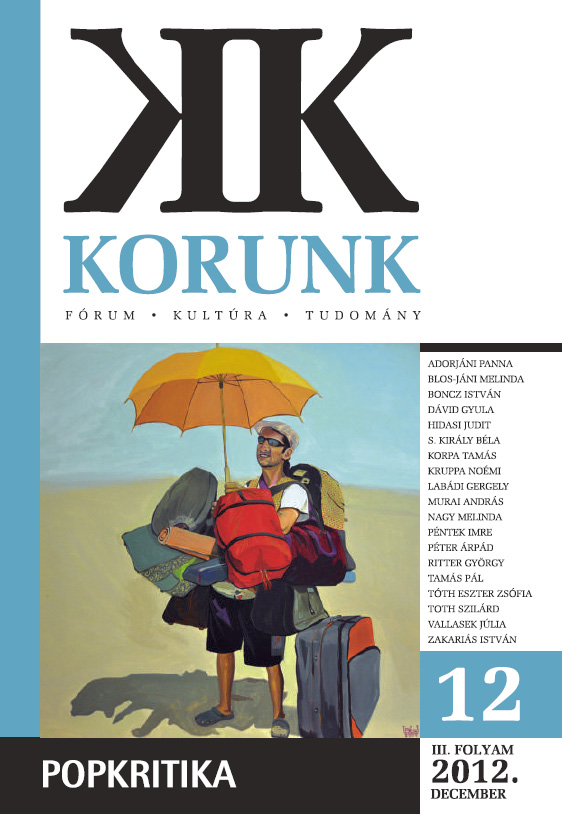"Választási hagyományok" a két világháború közötti Romániában
"Electoral traditions" in Romania between the two World Wars
Author(s): Szilárd TóthSubject(s): History, Recent History (1900 till today)
Published by: Korunk Baráti Társaság
Keywords: Hungarian minority; Hungarian Party; parliamentary elections; electioneering; electoral fraud; democracy
Summary/Abstract: The Romanian parliamentary elections during the interwar period were highly animated, especially due to the countless methods and possibilities of vitiation of the results. Each political party had at its disposal such instruments and methods, but they were most effectively used by the governing party at the time, responsible for organizing the elections. These methods included censorship, curfew, the use of the army, the police and the gendarmerie in order to prevent access to the ballot boxes for the opposition’s electors or to intimidate them, arresting the representatives of the opposition, the use of large quantities of alcohol to influence the voters, etc. In such an electoral context it is very interesting to follow the behaviour of the Hungarian electorate, which was, from a demographic perspective, the most important minority in Romania, also bearing an important economic role. By analyzing the detailed aspects of the Central Electoral Commission in depth, we may conclude that in the counties inhabited by the Hungarian minority we are dealing with the most peaceful elections of the interwar period. The number of complaints and appeals is very low, and there are numerous cases in which in certain counties we have no appeals over the elections result, cases that were highly “unusual” for Romania. As a conclusion, we may say that the Hungarian electorate behaved in an exemplary manner during the interwar elections, but the circumstances in which these elections were held did not allow them to have a great chance of success. The National Hungarian Party participated in all interwar elections between 1922 and 1937, and it achieved fluctuating results.
Journal: Korunk
- Issue Year: 2012
- Issue No: 12
- Page Range: 97-106
- Page Count: 10
- Language: Hungarian

